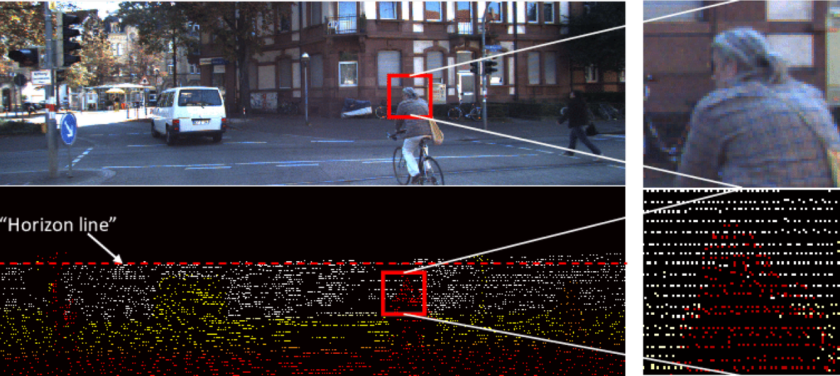San Francisco based Divergent Microfactories has unleashed an innovative technique for revolutionizing automobile manufacturing. They have incorporated 3D printing with an aim of lessening pollution, minimum resources and lighter costs associated with building autos and other huge complex structures.
Node, the new blade
The firm has come up with Blade, under the brand name called Node, which is a 3D-printed aluminum coupling that joins chunks of carbon fiber tubing for making up the vehicle’s chassis. Node would help in dematerializing and democratizing the entire production of car manufacturing, echoed Kevin Czinger, the company CEO.
He further added that although the world is looking up towards green cars and majority has already adopted the cleaner cars yet the manufacturing process is far from being environment friendly. Nevertheless, Divergent Microfactories, has taken this issue seriously and they have come up with approach the targets minimum resources and give out relatively less pollution during the manufacturing process of their supercars.
3D Printed Supercar
The first newly fashioned supercar that they have launched can vroom from 0-60mph in just two seconds. Its bi-fuel engine, that is, with any of the two: compressed natural gas or gasoline- can room 700 hp. Overall, the weight amount to just 1400lbs, which is nearly 90% less than conventional cars.
Czinger claimed that Blade has proved it efficacy, as it did not sacrifice on style or substance. He is positive in claiming that their product would lead to a renaissance in car manufacturing.
Platform for small entrepreneurial teams
Concentration of manufacturing would not be limited to only large team of innovators but the idea is to allow large-scale car production affordable for small teams of developers as well. With an aim of going global by placing the platform in the hands of small entrepreneurial teams, Divergent Microfactories is planning to advertise only a limited number of high performance cars fabricated in their own microfactory.









